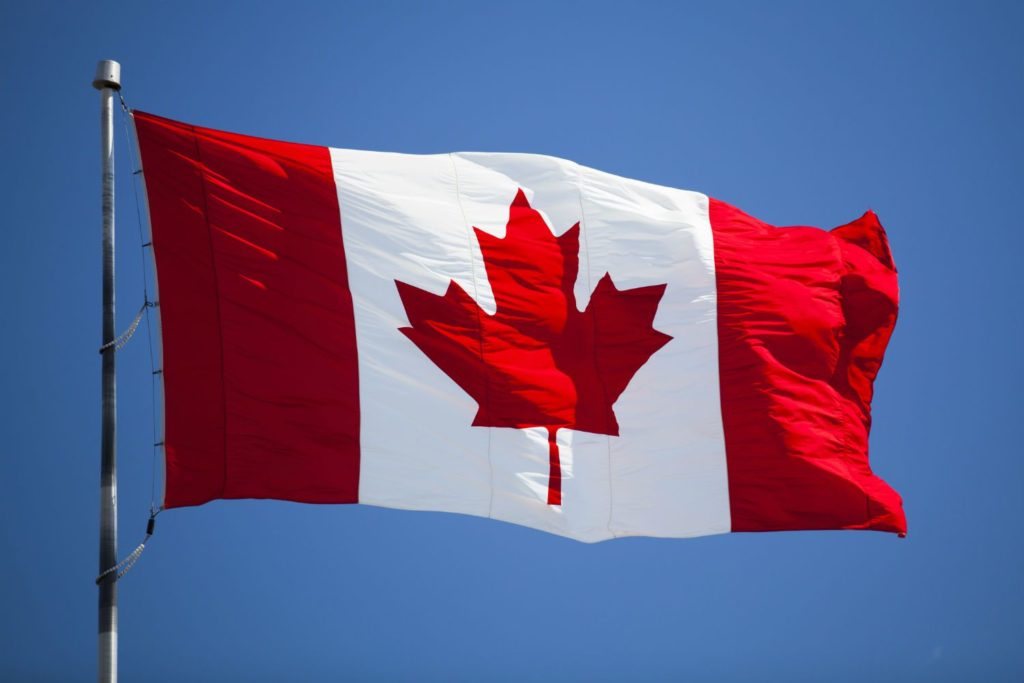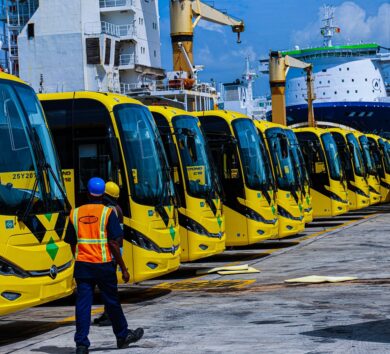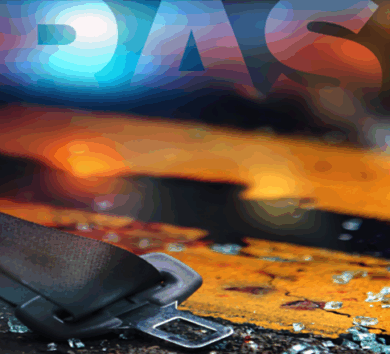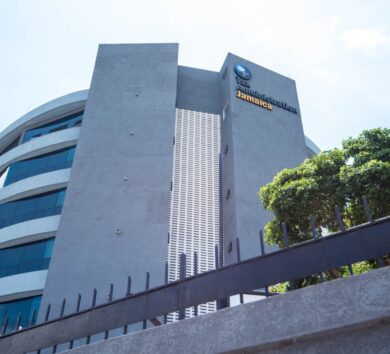
Beer Canada calling for government to freeze current alcohol taxes

Canadians will soon be paying their largest alcohol tax hike, as the government plans to impose a quarter more for a 24-pack of beer.
The “escalator tax” is set to be hiked by 6.4 per cent come April 1, which would represent the largest federal tax on alcohol. Food distribution professor at Dalhousie University, Sylvain Charlebois told Global News that the tax, which was introduced in 2017, was designed to automatically increase over time based on the rate of inflation to avoid renegotiating it too often.
Given the amount of inflation Canada has experienced recently, the tax is now set for its biggest increase ever. Last year, the tax went up 2.4 per cent.
While a penny a beer might not sound like much of a hike, industry experts say it is one more factor pushing up costs for producers and distributors that is likely to have ripple effects on what consumers pay. Overall, the escalator tax alone will amount to an extra $125 million a year that Canadians will pay to the federal government.
IMPACT OF TAX INCREASE
Charlebois predicts the tax will increase the price of a single beer by one cent, while the finance ministry told Global News in a statement that the amount would be three-quarters of a cent. Charlebois said that the price increase would be visible immediately after the tax is scheduled to be implemented on April 1.
Beer Canada told Global News in a statement that the tax increase will bring up the price of a 12-pack by 10 cents. For a 750 ml bottle of wine, the price could increase close to three cents, according to figures from the Canadian Revenue Agency.
In a statement to the Canadian Press, the Liquor Control Board of Ontario said that a 750 ml bottle of a spirit of 40 per cent alcohol by volume (ABV) may increase 70 cents. Charlebois said that the tax may have a smaller impact on the price of craft beer since it is lower volume and usually at a higher price, but could affect larger manufacturers more.
60% INCREASE IN BARLEY PRICES
Beer Canada is reporting that since the tax is a production tax imposed on the brewer at the point and time of production, “it is then magnified by other fees and taxes imposed by distributors, retailers, and provinces, including sales taxes,” making the impact on a 12-pack likely closer to 20 cents. Along with other inflation factors, beer retail prices are projected to rise 10 per cent in 2023.
Beer Canada notes there has been a 60 per cent increase in barley prices, 40 per cent increase in packaging costs, and a doubling of freight costs. Industry group Restaurants Canada told Canadian Press that it estimates the tax increase will cost Canada’s food-service industry about $750 million a year, with the average casual dining restaurant expected to pay an extra $30,000 towards alcohol.
Beer Canada says that Canada has the highest alcohol taxes among G7 nations with about half the cost of a typical can of beer going to taxes, while up to 80 per cent of a bottle of alcohol is taxed, according to Spirits Canada. The organisation is calling on the federal government to freeze current alcohol taxes until inflation reaches closer to the Bank of Canada’s two per cent target.







Comments